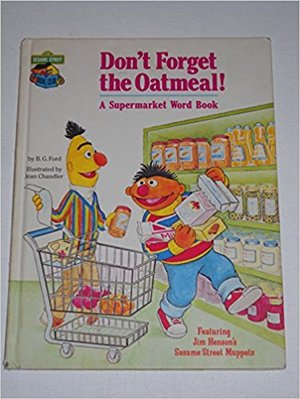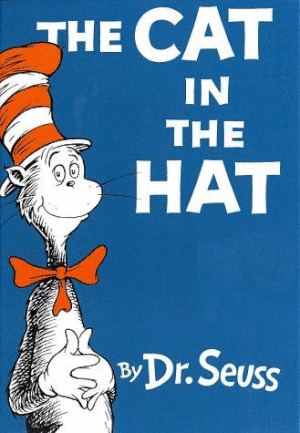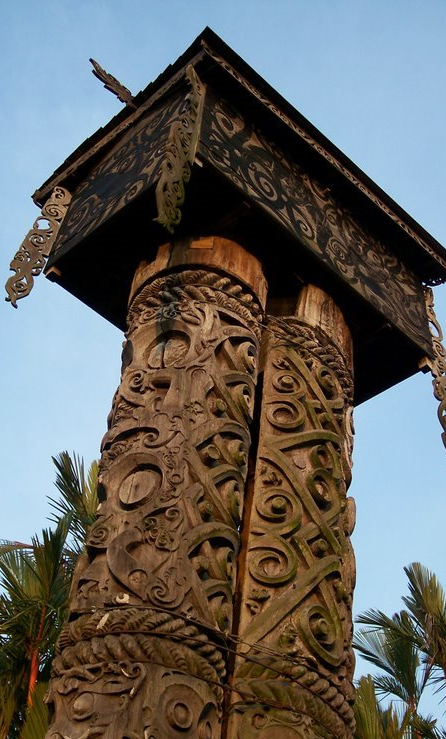Biological weapons have only become more of a potential world-wide threat since “The Stand” was re-released in 1990. With all that has happened since then this novel may be more relevant today.
The story starts with an accident on an Army base. The virus, called “Captain Trips”, kills 99.4% of the entire world’s population. The few survivors left dream about two leaders that now represent good and evil, Randall Flagg, The Dark Man, and Mother Abagail, who represents God.
All at the Army base are killed but one person gets past the quarantine guards and goes to get his family and they take off to Texas. They don’t get any father than a gas station where they stop infecting everyone they meet. The super flu type plague kills everyone who breaths the air, unless that person has a natural immunity - soon it spreads throughout America and then the world.
We meet other survivors on the roads trying to get away. Along the way we meet many who were just stopped in their tracks suffering gruesome and awful deaths. One man, Stu Redman, lived in Texas but was found to have immunity, so he was taken to a disease control center in Vermont where a special team worked to find a cure for others using him. The settings don’t offer any hope, just different views of how people deal with death. Some make it through New York and go on toward Maine but eventually they go West.
When the only ones left alive are the immune ones, they hit the roads most of which are full of cars just sitting with those inside dead. Travel is by walking, motorcycles, bicycles and a variety of vehicles.
Some survivors feel a pull to go to Boulder, Colorado and many have seen Mother Abigail in dreams and heard her voice telling them to come. She is felt to be God’s representative on earth. The community wants to plan a new society and when they are gathered they talk about setting rules for behavior. The Declaration of Independence, the United States Constitution and the Bill of Rights are all discussed. The question of whether America even exists, or is just an idea, is debated.
Good is mostly found in Boulder but Las Vegas attracts evil and, according to Mother Abagail, also attracts people who like order and stability, as well as the weak ones, the lonely ones, and those who have left God out of their hearts.
Randall Flagg is the Satan like leader referred to as the “Dark Man” in Las Vegas, Nevada (seems a natural destination). Flagg controls all that happens there and keeps the people in line using, rank and position for following, and crucifixion and torture, for disobedience. Flagg is very aware of those in Boulder Colorado and Mother Abigail.
Boulder is referred to as the “Free Zone”, and spies from Boulder are sent to Las Vegas to gain information on Flagg. The spies are captured and about to be executed when one of Flagg's military experts named "Trashcan Man" drives into town after weeks searching the desert around military bases for a nuclear weapon. He has found a warhead and brought it with him as planned to use against Mother Abigail's people. Instead he detonates the bomb and he destroys Flagg and his people.
Stephen King has said that longer novels like this one give him a chance to let us really get to know the characters and see them mature. That certainly does happen. Two of the key characters, Stu and Fran decide to return to Maine. (Interesting the way Maine makes it into King’s books, one way or another) They also ponder what humanity has learned?
The Stand is never dull, hard to put down, and one of King’s best stories.
Quotes by Stephen King
“The place where you made your stand never mattered. Only that you were there...and still on your feet.”
“People who try hard to do the right thing always seem mad.”
“A person can't change all at once.”
“You couldn't not like someone who liked the guitar.”
“Your first impulse is to share good news, your second is to club someone with it.”
“Even the company of the mad was better than the company of the dead.”
“If we don't have each other, we go crazy with loneliness. When we do, we go crazy with togetherness.”




























































